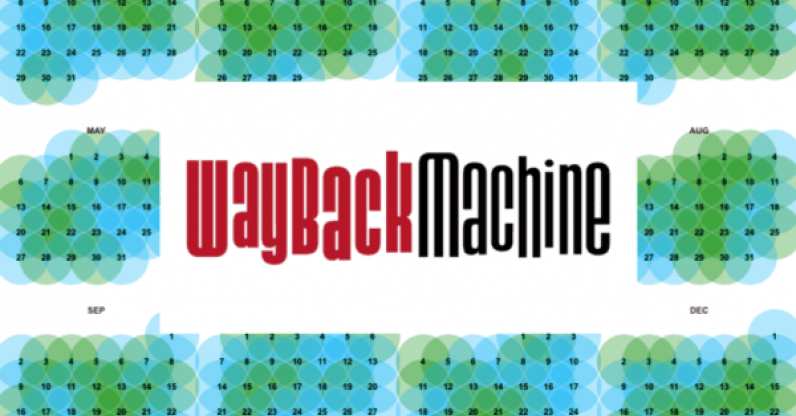
"Cancel culture" - the prospect of permanent exclusion from your chosen profession due to some flaw - has been a fixture in blue-collar labor since the 1930s, as @nathansnewman writes in @TheProspect.
prospect.org/labor/how-work…
1/
prospect.org/labor/how-work…
1/

In the 1930s, employers who wanted to keep labor "agitators" out of their shops adapted the WWI recruitment screening tools to identify "disgruntled" applicants who might organize their co-workers and form a union.
2/
2/
Over the years, this developed into an phrenological-industrial complex, with a huge industry of personality test companies that help employers - especially large employers of low-waged workers - exclude those they judged likely to demand better working conditions.
3/
3/
What began with large firms like Walmart and Marriott grew to consume much of the economy, with 80% of the Fortune 500 relying on tests from the $3+b/year phrenology industry, which is now all digital, incorporating machine learning for an all-algorithmic cancel culture.
4/
4/
The results of these tests get warehoused by giant "HR" companies like Kenexa (bought by IBM for $1.3b, holding 20m test results) and UKG (owned by private equity, with hundreds of millions of worker records).
5/
5/
The latest wrinkle includes junk-science "microexpression" analysis, with applicants being assessed by an algorithm that purports to be able to read their minds by examining minute cues from their faces - a discredited idea with no basis in science.
6/
6/
Indeed, the whole business of personality tests, and the more general field of psychographics, with its touchstones like the "Big Five Personality Types" are more marketing hype than science; @nature calls it a "scant science."
nature.com/articles/d4158…
7/
nature.com/articles/d4158…
7/
Which probably explains why job satisfaction - the thing that all this phrenology is supposed to improve - has remained static since 2000, despite vast spending on career-destroying, life-destroying digital palmistry.
inc.com/sonia-thompson…
8/
inc.com/sonia-thompson…
8/
So why do employers do it? Well, as is often the case with algorithmic decision-support tools, the most tangible benefit is empiricism-washing. Algorithms provide cover in the form of empirical facewash for illegal employment discrimination.
9/
9/
An employer's personality test can facilitate illegal discrimination against people with depression, for example, by asking whether "your moods are steady from day to day," and video-based screening can exclude people on the autism spectrum.
10/
10/
Personality assessment also provides cover for the ongoing use of disciplinary technology, such as the #bossware that spies on your keystrokes and other online activity, which exploded during lockdown as "work from home" was transformed into "live at work."
11/
11/
Employers can claim the ongoing surveillance is there to help measure and improve job satisfaction, while the phrenology-industrial complex sales reps quietly promise that they'll catch and expel "disgruntled" workers - those apt to organize a union.
12/
12/
Workers won legal battles to ban workplace use of polygraphs, medical exams, genetic screening, credit reports, criminal background checks, and disclosure of social media passwords - but personality screening filled the void, allowing discrimination through the back-door.
13/
13/
Newman thinks the National Labor Relations Board has the authority to step in here and prohibit this kind of personality screening, both prior to hiring and on the job.
14/
14/
"If we are going to have a national debate about free speech in the workplace, stopping the use of personality tests to cancel 'disgruntled' workers should be front and center."
15/
15/
Image:
Wellcome Trust (modified)
commons.wikimedia.org/wiki/File:Phot…
Cryteria (modified)
commons.wikimedia.org/wiki/File:HAL9…
CC BY:
creativecommons.org/licenses/by/3.…
eof/
Wellcome Trust (modified)
commons.wikimedia.org/wiki/File:Phot…
Cryteria (modified)
commons.wikimedia.org/wiki/File:HAL9…
CC BY:
creativecommons.org/licenses/by/3.…
eof/
ETA - If you'd like an unrolled version of this thread to read or share, here's a link to it on pluralistic.net, my surveillance-free, ad-free, tracker-free blog:
pluralistic.net/2021/04/06/dig…
pluralistic.net/2021/04/06/dig…
• • •
Missing some Tweet in this thread? You can try to
force a refresh











